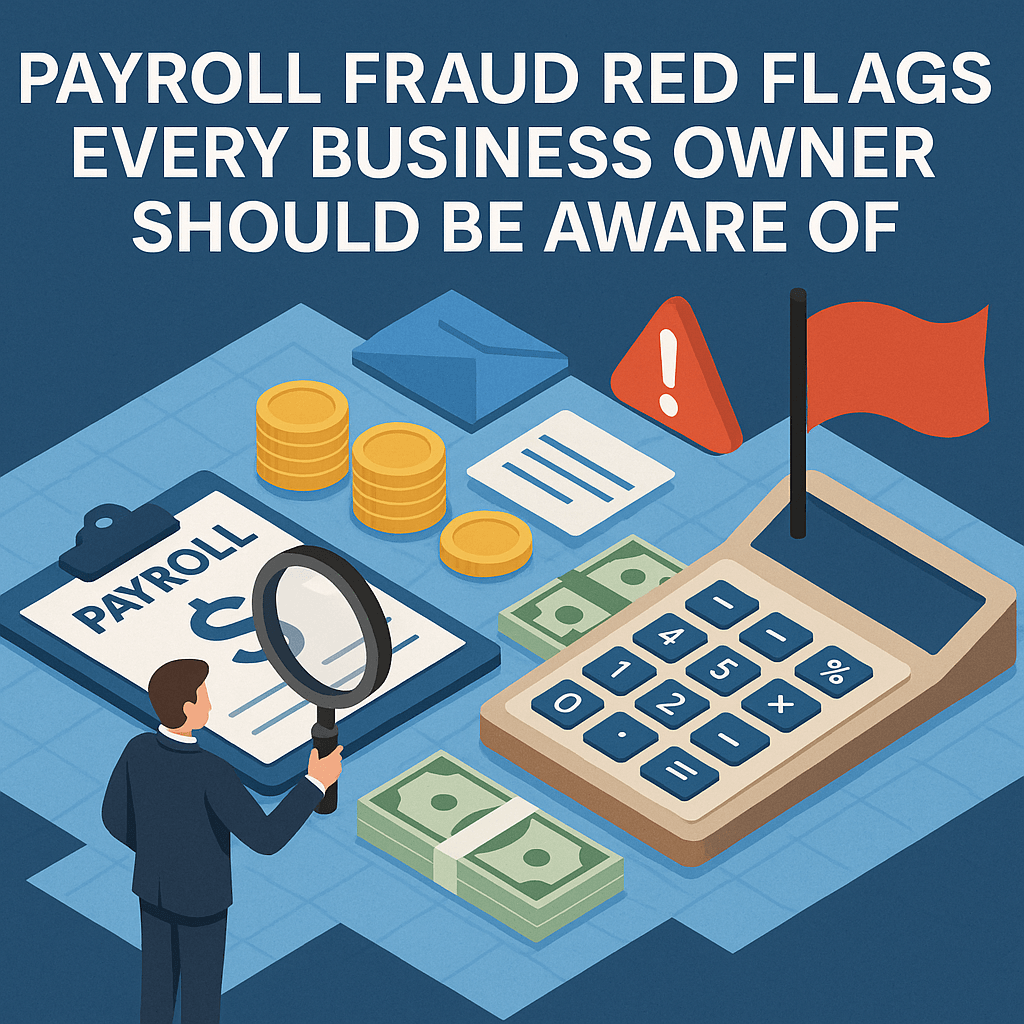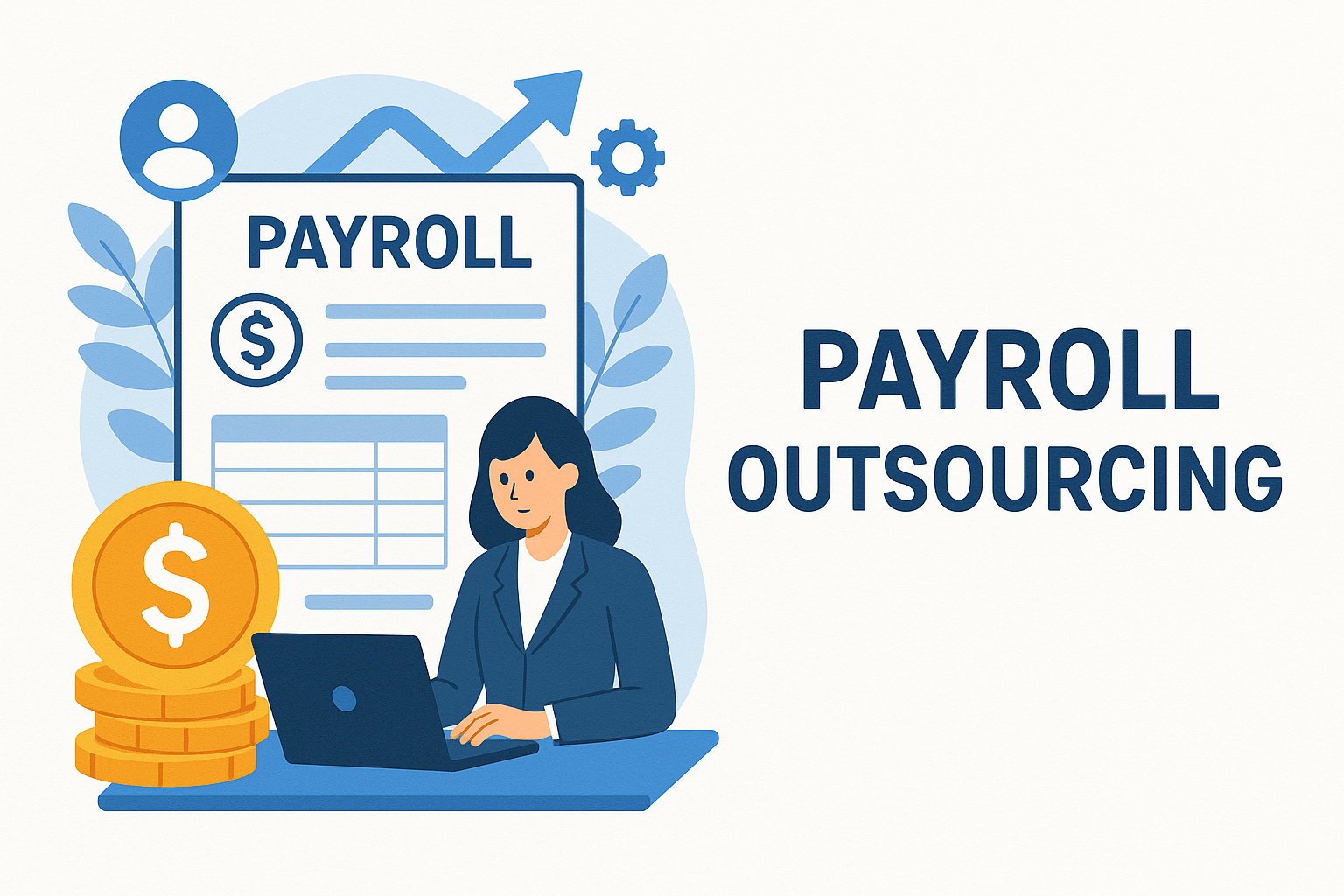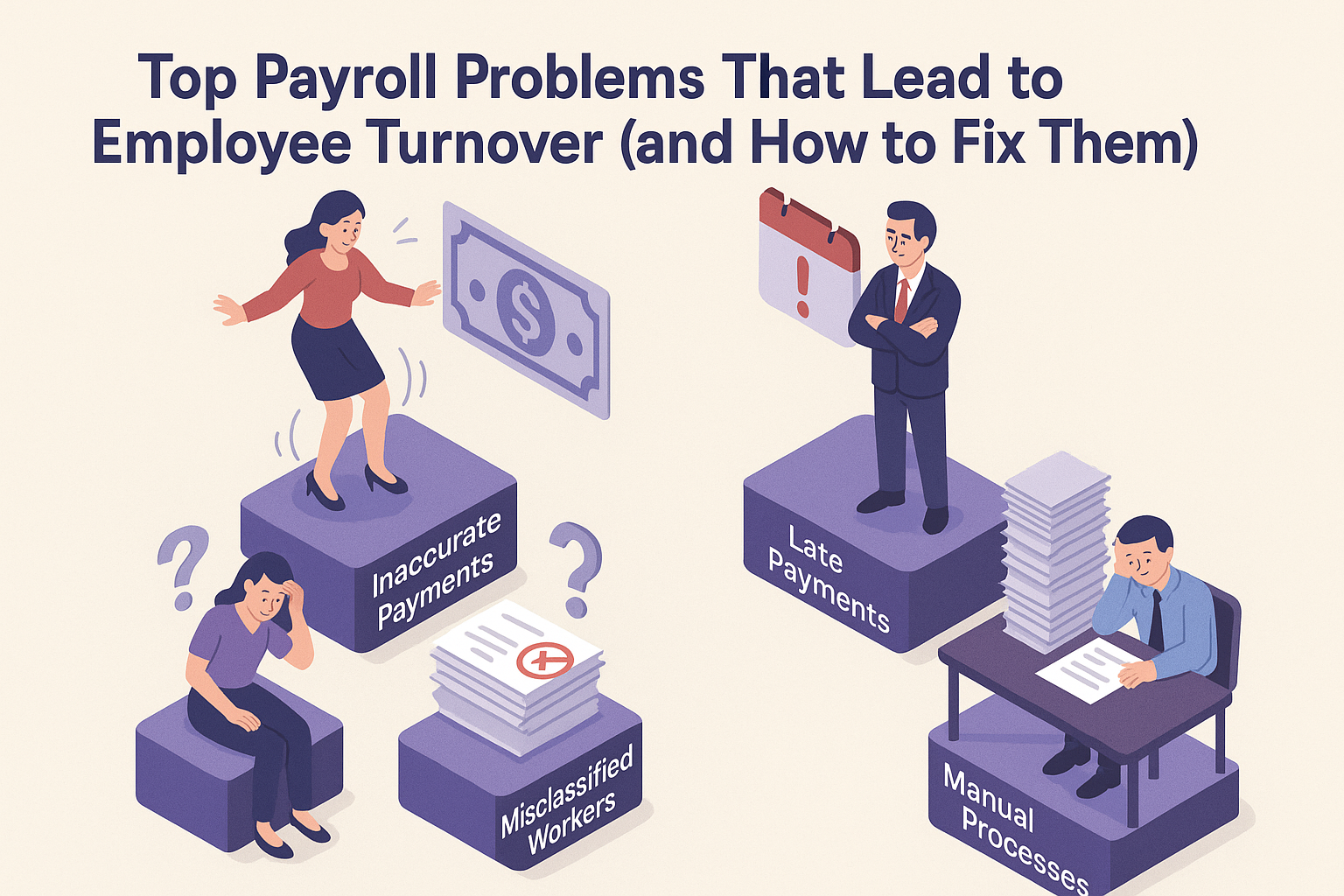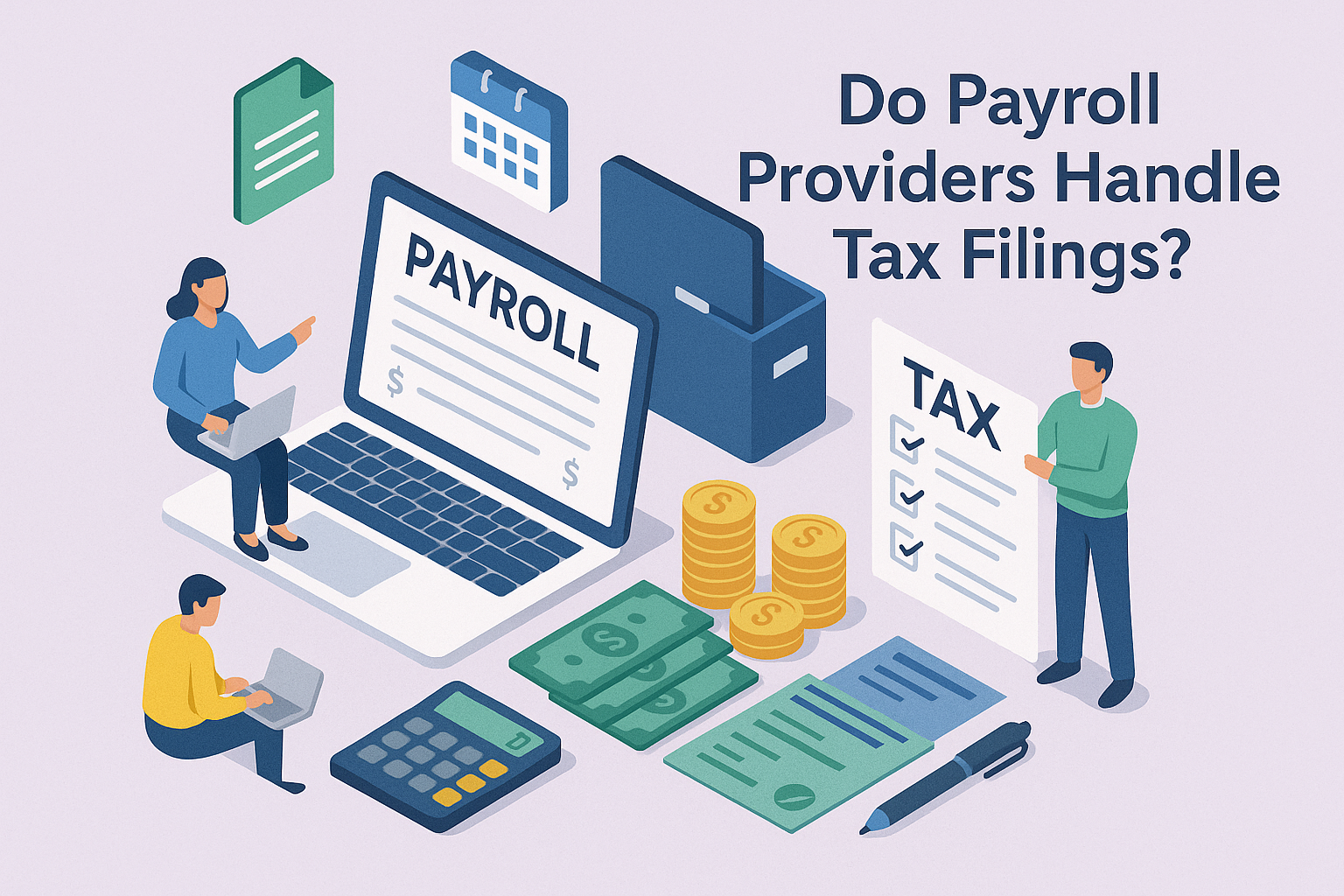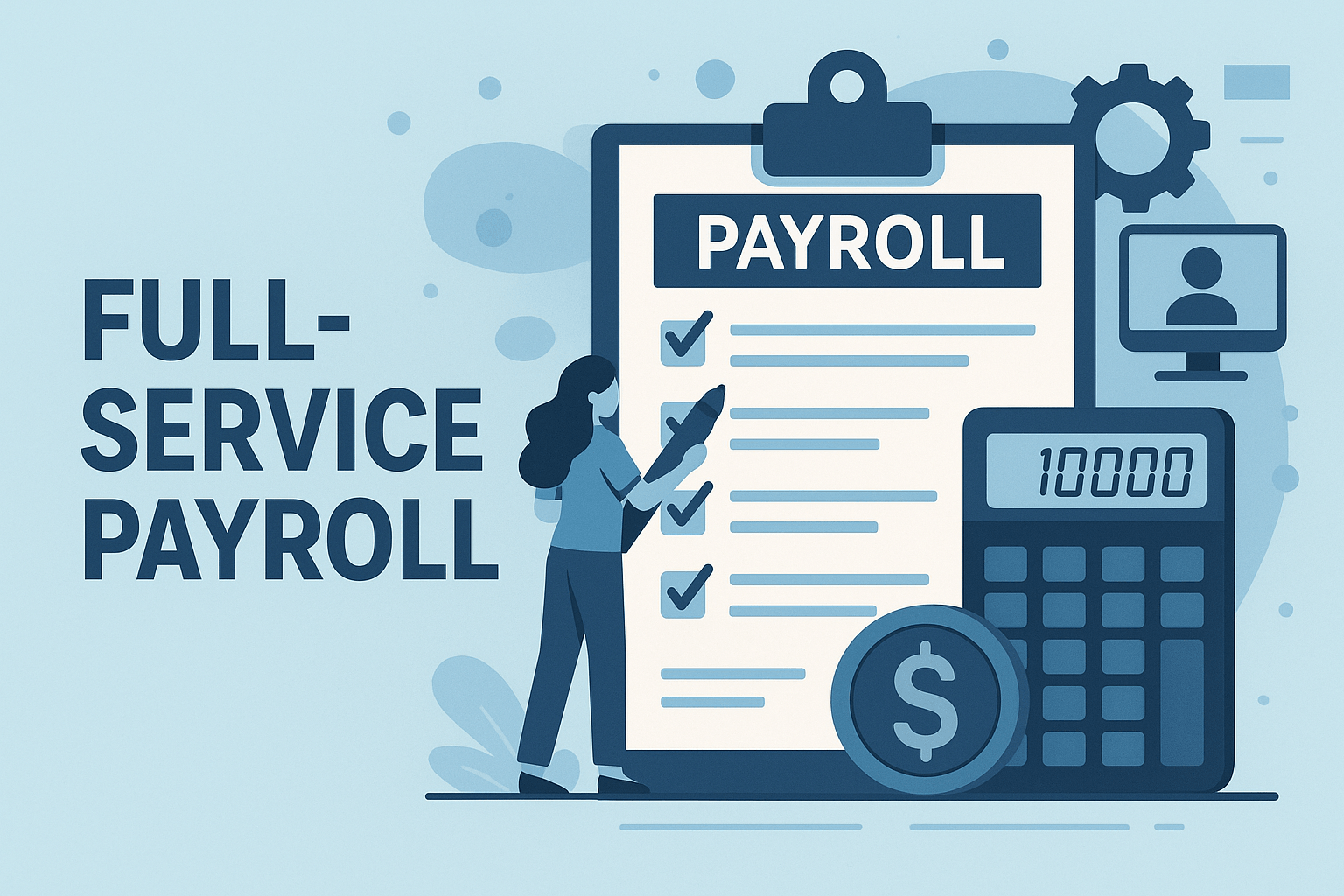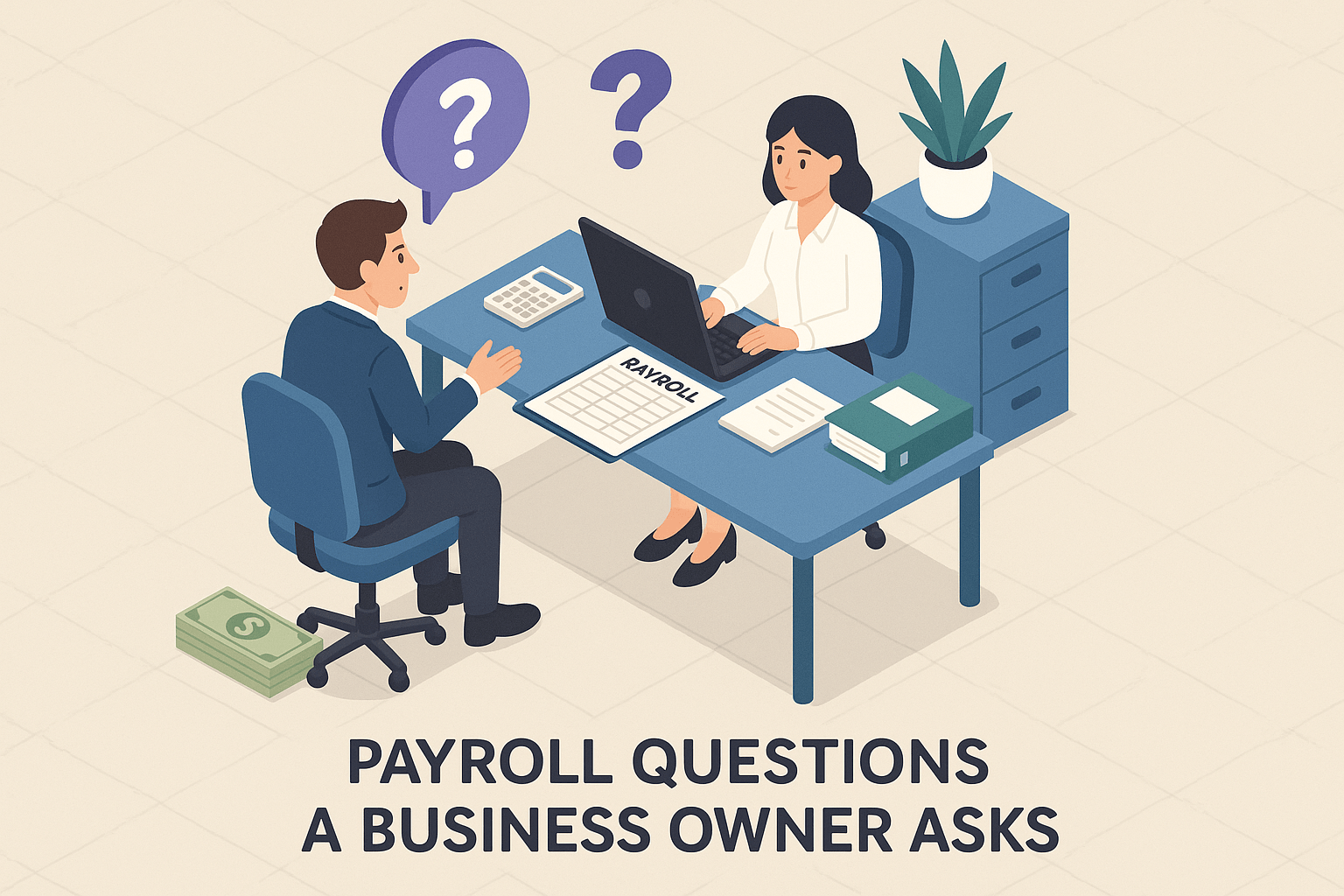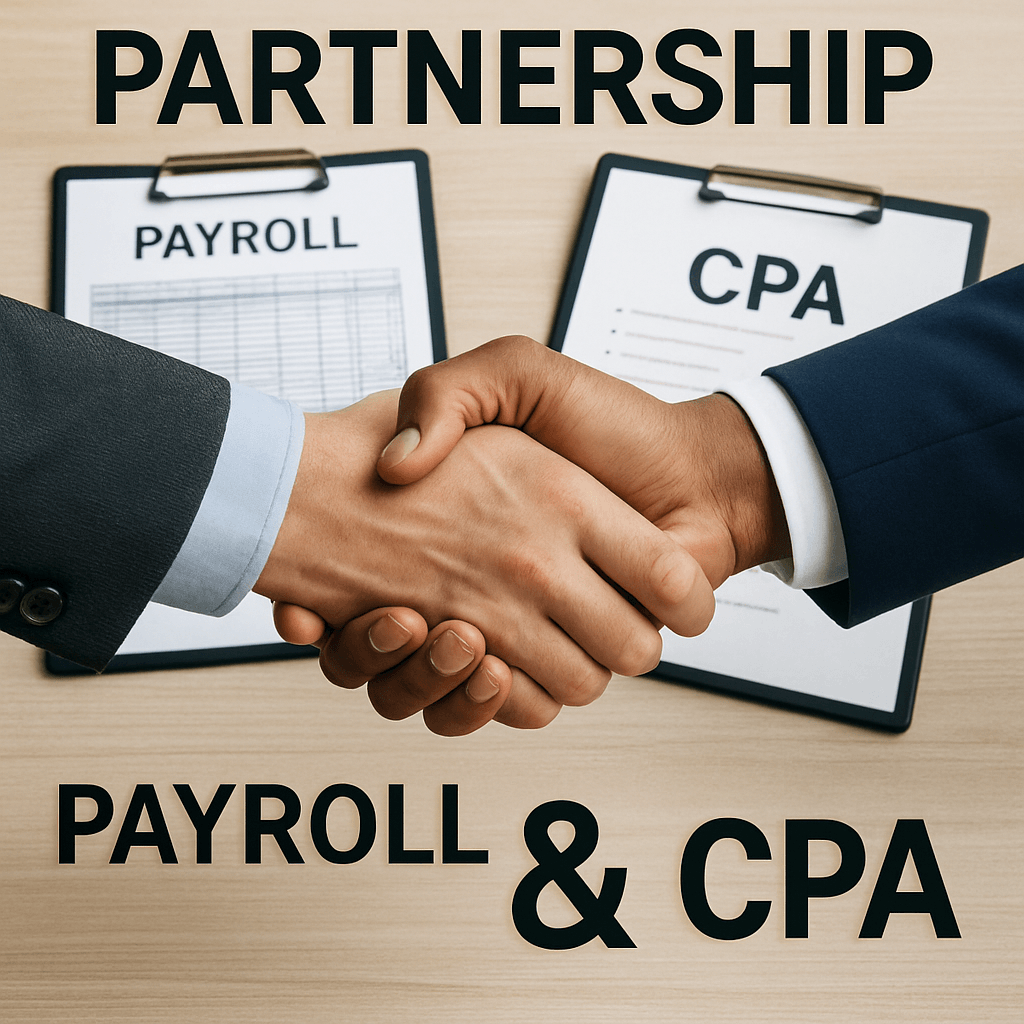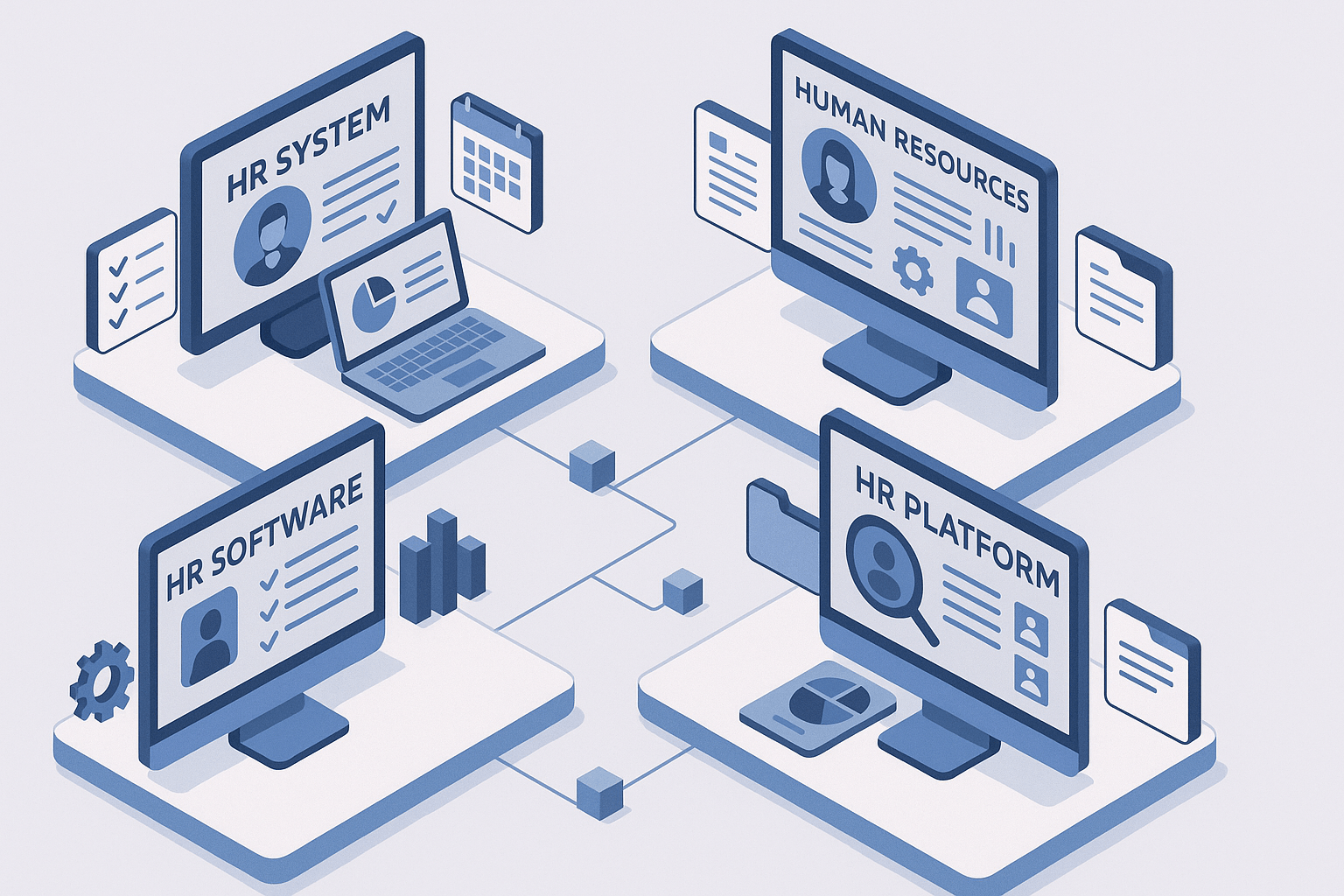What Happens If Payroll Is Late? Risks & Prevention Strategies
June 19th, 2025
5 min read

Real-World Impact: Within five days of delaying payroll, a manufacturing company lost three key employees, faced a state investigation, and accumulated over $50,000 in penalties. What seemed like a minor cash flow decision became a business crisis that threatened the company's survival.
For any business owner, the thought of missing payroll is a nightmare. You know your employees rely on their paychecks, and the idea of not being able to meet that fundamental obligation can be incredibly stressful. Beyond the immediate worry of upsetting your team, there's the looming specter of legal repercussions and financial penalties that can devastate your business.
At Lift HCM, we understand that timely, accurate payroll is essential for both employee morale and your business's financial and legal health. We’ve witnessed the damaging effects of late payroll and are committed to providing you with practical strategies to prevent these risks. This article will help you understand these risks and implement bulletproof strategies to ensure your payroll is always on time.
Lift HCM brings proven expertise to payroll management, understanding that timely, accurate payroll is essential for both employee morale and your business's financial and legal health. We’ve witnessed the damaging effects of late payroll and are committed to providing you with practical strategies to prevent these risks. This article outlines the consequences of late payroll and offers actionable guidance so your business can ensure payroll is always processed on timeTable of Contents
- Immediate Consequences: Trust, Performance, and Operations
- Legal Ramifications: Understanding Penalties and Personal Liability
- How to Prevent It: Proactive Strategies for Reliable Payroll
- Late Payroll Isn’t Just a Mistake—It’s a Risk You Can Eliminate
Immediate Consequences: Trust, Performance, and Operations
When payroll is delayed, the impact is felt almost immediately across your organization. It's not just about a few disgruntled employees; it's about a fundamental breakdown in trust and a ripple effect that can significantly damage your company's foundation.
Erosion of Employee Trust and Financial Hardship
Your employees are your most valuable asset. They dedicate their time, skills, and energy to your business, and in return, they expect to be compensated reliably. When a paycheck is late, it sends a clear message that their financial well-being is not a priority. This creates immediate problems:
- Financial Stress: Many employees live paycheck to paycheck. A delayed payment can mean missed bill payments, overdraft fees, late fees on loans, and an inability to cover essential living expenses like rent, food, or transportation.
- Decreased Motivation and Productivity: An employee worried about their finances is an employee distracted from their work. Their focus shifts from company goals to personal survival, leading to a decline in engagement and productivity.
- Loss of Loyalty and Increased Turnover: When trust is broken, loyalty wanes. Employees start actively seeking other employment opportunities with companies they perceive as more stable and reliable.
📉 Critical Statistic: According to the American Payroll Association, nearly 70% of Americans would be at least "somewhat impacted" if their paycheck were delayed by just one week. For 32% of respondents, the impact would be "severe."
Operational Disruptions and Administrative Burdens
Late payroll creates significant administrative headaches that extend far beyond disappointed employees:
- Increased Inquiries: Your payroll and HR departments will be inundated with questions, complaints, and requests for updates from anxious employees, diverting valuable time and resources away from their primary responsibilities.
- Reputational Damage: Word travels fast, especially in today's connected world. News of late payroll can quickly spread through social media, employee review sites, and local business communities, severely damaging your company's reputation as a reliable employer.
- Strained Internal Relationships: The stress of late payroll can strain relationships between employees and management, and even among colleagues. A toxic work environment can emerge, further eroding morale and collaboration.
Legal Ramifications: Understanding Penalties and Personal Liability
Beyond the immediate impact on morale and operations, failing to pay employees on time triggers a cascade of serious legal and financial consequences. These penalties accumulate quickly and often include personal liability for business owners.
Federal Wage and Hour Laws
The Fair Labor Standards Act (FLSA) requires that non-exempt employees be paid for all hours worked on their regular payday. If an employer fails to do so, they face significant penalties:
- Back Wages and Liquidated Damages: Employers may be required to pay employees all unpaid wages, plus an equal amount in "liquidated damages," effectively doubling the amount owed.
- Civil Penalties: The U.S. Department of Labor can assess civil money penalties for FLSA violations.
- Legal Fees: If an employee sues for unpaid wages and wins, the employer may be responsible for covering the employee's legal fees and court costs.
Federal Tax Penalties
IRS Penalties: Penalties for late payroll tax deposits range from 2% to 15% of the unpaid amount, and interest will continue to accrue until payment is made, significantly increasing your overall liability.State-Specific Wage Payment Laws
Many states have wage payment laws that are far stricter than federal regulations, with penalties that can devastate businesses quickly:
Illinois Example: Under the Illinois Wage Payment and Collection Act (IWPCA):
- Daily Penalties: 1% of the underpaid amount per day, accruing daily until paid to the employee with no cap on how long penalties can accumulate
- State Penalties: An additional 20% penalty payable to the Illinois Department of Labor
- Personal Liability: Corporate officers or agents who knowingly permit violations can be held personally liable for unpaid wages and penalties
Payroll Tax Penalties
Delayed payroll typically means delayed payment of payroll taxes, creating additional financial exposure:
- Late Filing Penalties: The IRS imposes penalties for failure to file Form 941 on time
- Late Payment Penalties: Federal employment tax penalties typically range from 3% to 6% of the outstanding amount, compounding quickly over time
- Interest Charges: Interest accrues on any unpaid tax from the due date until payment, significantly increasing the total cost
- Section 409A Tax Consequences: Missing deadlines, like March 15 of the year after, for certain payments can lead to unfavorable tax issues under Section 409A of the Internal Revenue Code
How to Prevent It: Proactive Strategies for Reliable Payroll
Preventing late payroll requires systematic approaches that address both technological and financial aspects of payroll processing. The most successful organizations implement multiple safeguards that eliminate delays before they occur.
Embracing Payroll Automation and Integration
Modern payroll platforms eliminate most delay risks through comprehensive automation:
- Automated Payroll Processing: Advanced payroll software automates calculations, deductions, and tax withholdings, ensuring consistent processing schedules without manual intervention
- Direct Deposit Integration: Eliminating paper checks and moving to direct deposit ensures funds transfer directly into employees' bank accounts on payday, removing risks of lost checks or mailing delays
- Time and Attendance Integration: Integrated time and attendance systems streamline data flow, accurately capture hours worked, and reduce manual data entry errors that cause delays

Financial Management and Cash Flow Protection
Strategic financial planning prevents the cash flow issues that typically cause payroll delays:
- Dedicated Payroll Accounts: Establish separate payroll accounts from operating funds to protect against cash flow fluctuations affecting employee payments
- Payroll Reserves: Maintain reserves equal to one complete pay period to provide buffer protection during temporary revenue disruptions
- Weekly Cash Flow Forecasting: Update cash flow projections weekly or biweekly to identify potential shortfalls weeks in advance, enabling proactive solutions
Implementing Comprehensive Monitoring Systems
Systematic monitoring prevents oversights that cause delays:
- Automated Alerts: Configure systems to send notifications about upcoming payroll dates, low account balances, and pending tax deadlines to multiple responsible parties
- Backup Notifications: Ensure redundancy by sending alerts to multiple key personnel, preventing delays if primary contacts become unavailable
- Regular Reporting: Track payroll costs, overtime patterns, and benefit changes to identify trends that might affect future payments

ROI Calculation: Businesses using integrated HCM platforms report up to 50% reduction in payroll processing time and significant decreases in compliance errors. The cost of professional payroll management is typically 1-3% of total payroll, while late payroll penalties can reach 20-30% of affected wages.
Your Action Plan
Immediate Actions (This Week):
- Audit current payroll account balances and reserves
- Review upcoming payroll dates and potential conflicts
- Verify backup notification systems are functioning
- Assess current cash flow forecasting accuracy
Short-term Improvements (Next 30 Days):
- Implement automated payroll processing if not already in place
- Establish dedicated payroll account with adequate reserves
- Create comprehensive monitoring and alert systems
- Develop written payroll emergency procedures
Strategic Investment (Next 90 Days):
- Evaluate comprehensive HCM platform solutions
- Implement integrated time and attendance systems
- Establish partnership with professional payroll provider
- Create annual payroll compliance calendar
Late Payroll Isn’t Just a Mistake—It’s a Risk You Can Eliminate
When payroll is late—even once—the consequences are immediate and far-reaching. Trust is broken. Compliance risks surge. And your business faces real financial exposure. What might seem like a short delay can quickly unravel months or even years of hard-earned credibility with your team.
But late payroll isn’t inevitable. With the right systems and safeguards in place, your business can avoid the stress, the penalties, and the damage. In fact, payroll can become one of the most reliable, strategic functions in your organization—driving employee satisfaction, operational efficiency, and long-term growth.
Lift HCM empowers businesses to make that shift. With automated workflows, built-in compliance, and a team of experienced professionals by your side, you can ensure that payroll runs smoothly, accurately, and on time—every time.
You deserve a payroll process that protects your business, respects your people, and strengthens your culture.
Caitlin Kapolas is a results-driven professional with a strong background in account management and retail. She is dedicated to improving client experiences and building lasting relationships. Caitlin excels in identifying client needs, resolving issues, and implementing customized solutions that drive value. Her effective communication skills ensure high client satisfaction and loyalty, making her a trusted advisor and partner in meeting client needs with precision and professionalism.
Topics:






.png?width=1536&height=1024&name=Create%20a%20background%20that%20reads%2c%20How%20Long%20to%20Keep%20P%20(1).png)



